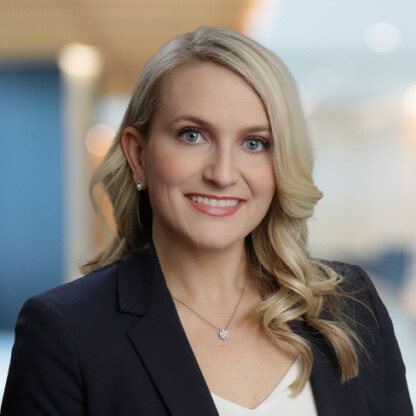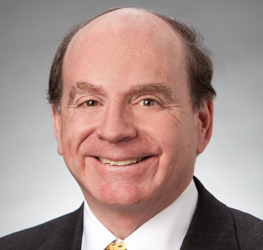Webinar: 10 Issues Non-Profit Organizations Should Be Considering After Three Months of the Pandemic
16 June 2020
On Tuesday, June 16, 2020 a panel led by Foley & Lardner attorneys discussed the top ten issues that non-profit organizations should be considering as states begin to reopen during the COVID-19 pandemic. Topics covered included:
- Reopening considerations
- COVID-19 reporting obligations
- Event Scheduling
- PPP loans and forgiveness
- Tax considerations
- Credit agreement considerations
- Restructuring considerations
- Restricted endowments
- Furloughs and unemployment
- Consolidations and mergers
If you have any questions about this webinar, please reach out to Kasey Kapitanek at [email protected] or 414.319.7105.
CLE
CLE credits will be applied for in all applicable states. Foley & Lardner LLP certifies that this activity has been approved for California MCLE Credits by the State Bar of California. Foley & Lardner LLP is a State Bar of California MCLE approved provider.
Author(s)
Related Insights
26 July 2024
Video
Ten Minute Interview: Art Ownership
Brian Lucareli, director of Foley Private Client Services and co-chair of Foley’s Family Offices group, sits down with Lindsey Birch, associate and member of our Intellectual Property practice group, for a 10-minute interview to discuss art ownership.
26 July 2024
Foley In Fashion
Passing the Torch: Technology in the Opening Ceremony Fashion at the Paris Olympics
With the 2024 Olympic Games set in Paris, France, one of the world’s fashion capitals, athletics and aesthetics collide to take center stage at the much-anticipated opening ceremony.
25 July 2024
Foley In Fashion
SHEIN’s $1.9 Million Data Breach: A Cautionary Tale for Online Fashion Brands
The New York Attorney General fined fast-fashion company, Shein Distribution Corporation, $1.9 million for failing to properly handle a data breach in late 2022.



